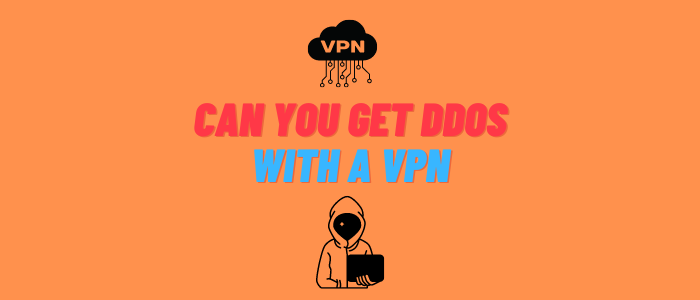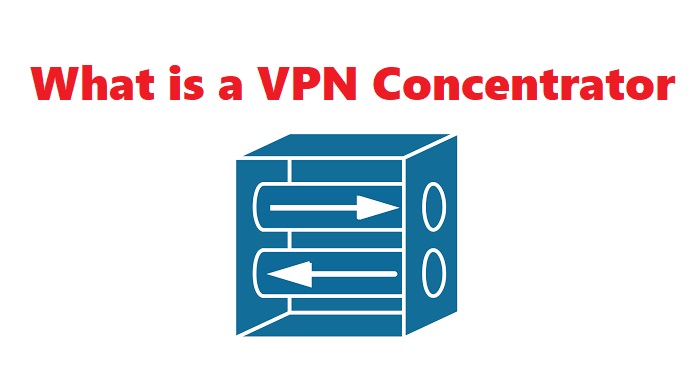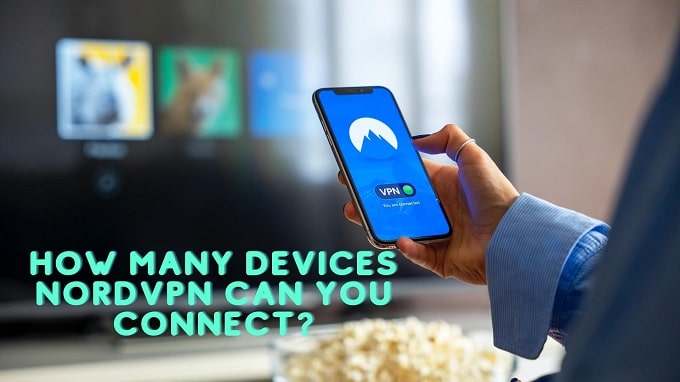When it comes to internet security, virtual private networks (VPNs) are often seen as the best way to protect your computer from viruses and other online threats. But do VPNs really work, and if so, how well? Let’s take a closer look at VPNs and their ability to protect you from viruses.
Do VPNs prevent viruses?
VPNs are mostly associated with protecting the user against cyber attacks. But it’s less known that they can also protect against malware, including viruses. However, there is a catch: VPNs don’t outright block antiviral threats: rather, they mitigate their impact. The reason for this is simple enough to understand once you know how VPNs generally work. Simply put, when on a shared network (such as an unsecured public hotspot) all devices are shared and can see your online activity without your permission.
A virus will then piggyback on some of these connections and go directly to your computer. Using a VPN however, encrypts all internet traffic; hackers will not be able to decrypt it and will therefore not be able to identify the victim’s device.
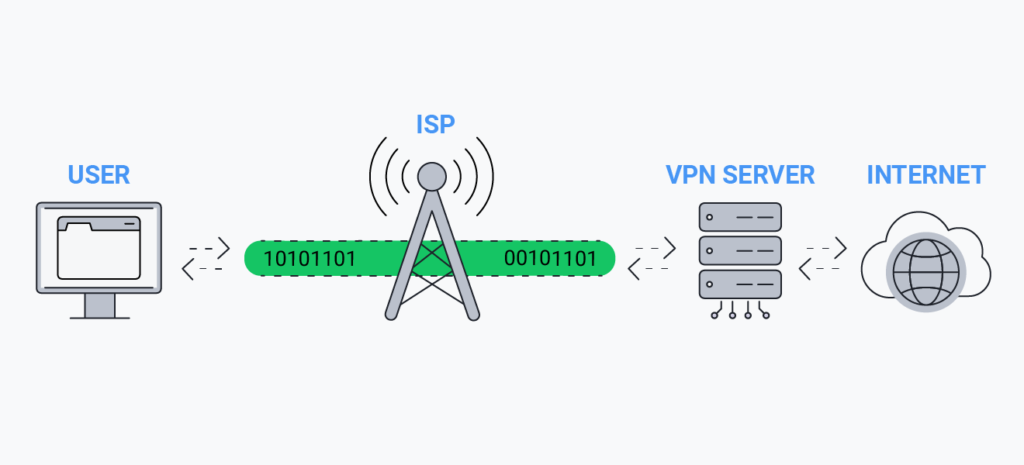
Do VPNs stop viruses?
The same can be said about viruses that erode your software security; by encrypting the connection, VPNs protect you from malware that might try to break into your system while you are on an open network. Just remember that this isn’t a foolproof solution, which is why you should always take additional steps to prevent infection of your device, regardless of whether or not you use a VPN.
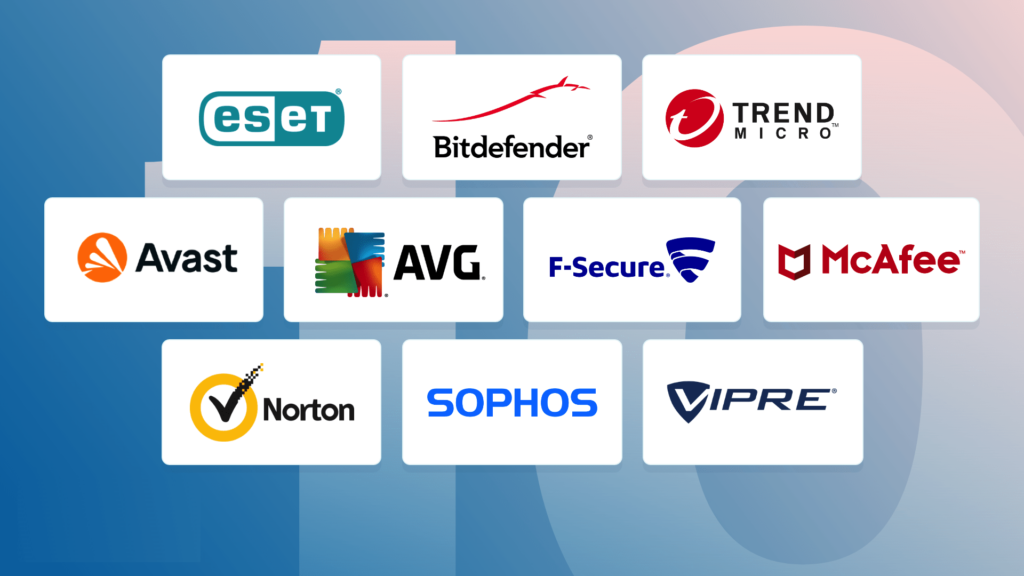
First and foremost among these would be installing antivirus software with anti-malware protection on all devices. This makes it significantly harder for any sort of ransomware or virus program to infect them since they will immediately activate when the suspicious file is downloaded onto the device.
Malware has become a major problem, especially after the Mirai botnet was used to launch one of the largest distributed denial-of-service (DDoS) attacks in history.
According to some reports, it affected 1.2 Tbps; an attack on this scale could shut down parts of the internet for several minutes, if not hours. And because companies like Netflix and Twitter rely on third parties to keep their apps running smoothly, even brief outages can cost them thousands or even millions of dollars. So simply put, your security is important; VPNs will help you protect yourself from hackers and malware that might try to steal your identity or money without having any effect on viruses.
Does VPN protect you from viruses?
VPNs are not a good choice for protecting your device against viruses. They will protect you against cyberattacks, but they won’t do much if any at all to prevent viruses from infecting your computer. Just remember that the next time you go online; install antivirus software with anti-malware protection on all of your devices and use strong passwords so hackers cannot get into them in the first place.
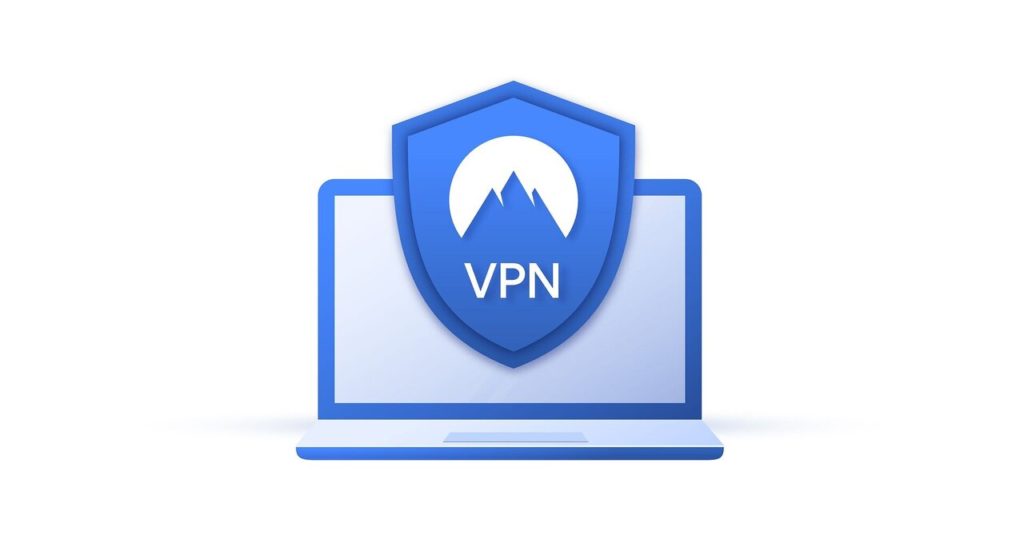
And remember to avoid unsecured networks if possible. If not, at least try using only websites that provide HTTPS encryption so others on the network can’t see what you are doing.
Does VPN get rid of viruses?
Since VPNs provide encryption, cybercriminals won’t be able to see your internet activity. But because you still need a firewall and antivirus program to prevent virus infections, VPNs can only reduce the risk of infection from 36% to 44%.
VPN doesn’t get rid of viruses but it does dramatically reduce the chance that someone could intercept your information and use it for illegal or harmful activities.
It’s also important to know how to stay safe online in order to avoid becoming infected by a virus even if you’re protected by a VPN service. Don’t open suspicious emails and always disable macros on Office documents sent through email.
Do VPNs block viruses?
No, a VPN doesn’t block viruses. But you already knew that right?
I hope it is clear that neither does a VPN encrypt your data to protect you from malware nor do they protect your computer from viruses.
What Does a VPN Protect You From?
A VPN protects you from a lot of things, but it does not protect you from viruses.
However, a VPN may be able to help reduce the risk of infection if your computer becomes infected simply because you use public Wi-Fi from time to time. And if data encryption prevents hackers from intercepting your information and subsequently using this for illegal or harmful activities, then a VPN can greatly reduce the chance that someone could access your personal information either by spying on your activity or hacking into your device.
The bottom line is that even though a VPN won’t protect you against viruses, it will encrypt traffic thereby preventing hackers from gaining access to important information such as usernames and passwords while also making it harder for cybercriminals to infect devices with malware.
Cross-Device Protection
IPVanish is the only cross-platform VPN solution on the market. It can be used on Windows, iOS, Android, Linux and MacOS.
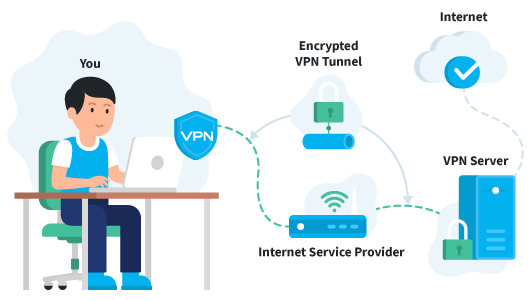
Good antivirus software with anti-malware protection is still your best bet when it comes to security. This way you are protected against viruses no matter which device you are using to access the internet.
Router-Based Encryption
IPVanish protects your entire network. All internet traffic is securely routed through the IPVanish VPN tunnel to bypass 3rd party firewalls and WiFi restrictions.
Most importantly, having a good antivirus software program will protect you from any malware that manages to slip past your firewall/VPN protection.
Public Hotspot Snoopers
Use our VPN to ensure that your communications stay private when using all types of public hotspots.
Best VPNs With Malware and Virus Protection
 Many VPN services include helpful malware, adware, and even virus protection as standard for paid subscriptions. The following are some VPN services that provide additional security features in their subscription packages.
Many VPN services include helpful malware, adware, and even virus protection as standard for paid subscriptions. The following are some VPN services that provide additional security features in their subscription packages.
NordVPN‘s CyberSec feature is a security behemoth. It restricts access to dangerous sites and those that have been found to be fraudulent phishing attempts. It also has an integrated adblocker. NordVPN also has a huge number of servers in various locations with supercharged speeds and full peer-to-peer support.
CleanWeb, Surfshark‘s built-in tracker detection tool, an ad blocker, and malware detection that warns you about dangerous websites are all included. Unlimited device connections, lightning-fast speeds, and geo-restriction unblocking are all benefits.
Do You Need an Antivirus if You’re Using a VPN?
You may safely go without antivirus software while using a VPN, but I wouldn’t recommend it. Without antivirus software, surfing the web, checking for emails, or scrolling Facebook poses no immediate danger.
Your connection will be encrypted, and you’ll probably never encounter a malware virus. However, if you do not have antivirus software, you’re taking on some risk.
Public Wi-Fi Safety Precautions For Staying Safe From Viruses, Ransomware and Other Threats
When you use public Wi-Fi like at the library or a cafe, you may be sharing the connection with hackers looking to intercept your information. You’ll want to take steps to stay safe from viruses and other threats while using these connections.

Always have a firewall enabled when using any type of internet connection. Protect Yourself from Viruses When Using Public WiFi Hotspots.
It has been shown that you can save a great deal of money by using free public wifi hotspot instead of paying for a monthly subscription plan based on data usage. That said, this freedom comes with a price.
When using public wifi hotspot, you can be at risk for various online threats such as hacking, identity theft etc. A VPN is the solution since it encrypts all your data and blocks anyone who tries to intercept your data.
Can You Get a Virus From a VPN?
You can indeed get malware, ransomware, spyware and viruses from VPNs. The difference is that the infections will have a harder time finding your device since you’re hiding behind encryption.
One of the biggest threats to users on public Wifi is malware or worse when using Free Wi-Fi without protection . It’s crucial to choose the right kind of VPN if you want to make sure your identity, payment credentials, banking data and other private information are not compromised at any point in time while surfing the web.
Apart from this general threat scenario, there are also specific cases where virus attacks occur within VPN services themselves (not always though). This is why it’s very important for all companies in the business to invest into state-of-the-art virus protection.
Gold-plated antivirus and malware protection is usually only included in high-quality subscriptions such as NordVPN, ExpressVPN or CyberGhost VPN.
Can My VPN Remove a Virus?
The only way for a VPN to remove malware is if they maintain their own security servers that are used as the last line of defense. Otherwise, they are not able to delete viruses or spyware off your device since they cannot access encrypted data.
How to Tell if My Device Is Infected With Malware?
The best way to know if your device is infected with a virus or malware is to look for certain signs and symptoms. If you keep noticing popup ads, unexpected behavior on browsers Chrome, Firefox, Safari etc., redirects to unwanted sites and towards garbage content (searches) and unusual activity on your computer (internet use), it’s time to check the system for malware .
You need to check the computer or laptop for rogue processes, out-of-place files (they were deleted but still exist) and unusual startup activities. If your device seems to be working slowly, you may want to look at running several virus scans.
How To Remove Virus From Android Phone
The easiest way is to do a factory reset of the phone. It will restore factory settings. Key in *#*#7780#*#*. This step deletes data from the device cache and all your Google accounts are logged off. Just remember that any pictures or video you have taken will be deleted too so make sure you have downloaded them on your PC before doing this step.
How to tell if your Android device is infected with malware
A slow-working smartphone or tablet PC are the first things you should check for when suspecting a virus infection. If your phone runs slowly, it’s best to run some antivirus scans and see what comes up.
Does a VPN Protect You From Hackers?
VPNs will protect you from hackers, identity thieves and other online threats. This is why it’s very important to choose the right kind of VPN for this purpose.
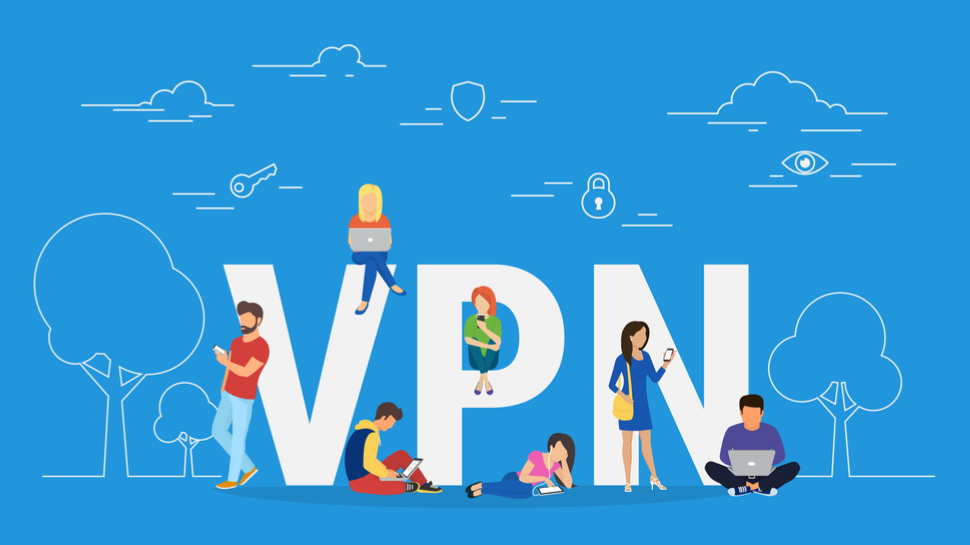
You can tell if your VPN has been compromised by checking its IP address (which should be completely different than your own). The next step would be to check which virtual location you are currently using. If these two things don’t match, your VPN may have been hacked .
Can a Hacker Use My IP Address With a Free VPN? Yes, absolutely! A hacker could use the user account information provided when signing up for a free service to access all of your data. They’ll use the same login credentials that are supposed to protect your sensitive information and send it straight to them .
Are VPNs Safe for Torrenting?
Yes, but only the ones that do not keep logs. A good VPN will also provide fast servers (if you want to download or seed) as well as unlimited bandwidth.
Overall
A VPN does not prevent malware from infecting your device, but it can assist protect you against future infections by warning you of potentially harmful websites before allowing you to visit them. This way, you can avoid downloading more dangerous software that could infect your computer or mobile device.
So a VPN will not protect against a virus but it helps in keeping you protected from hackers and identity theft.
VPNs and virus protection are two essential tools for online safety. VPNs protect your identity and data while you’re online, while virus protection scans your device for malware and viruses. It’s important to choose a good VPN with robust virus protection to keep yourself safe online.



